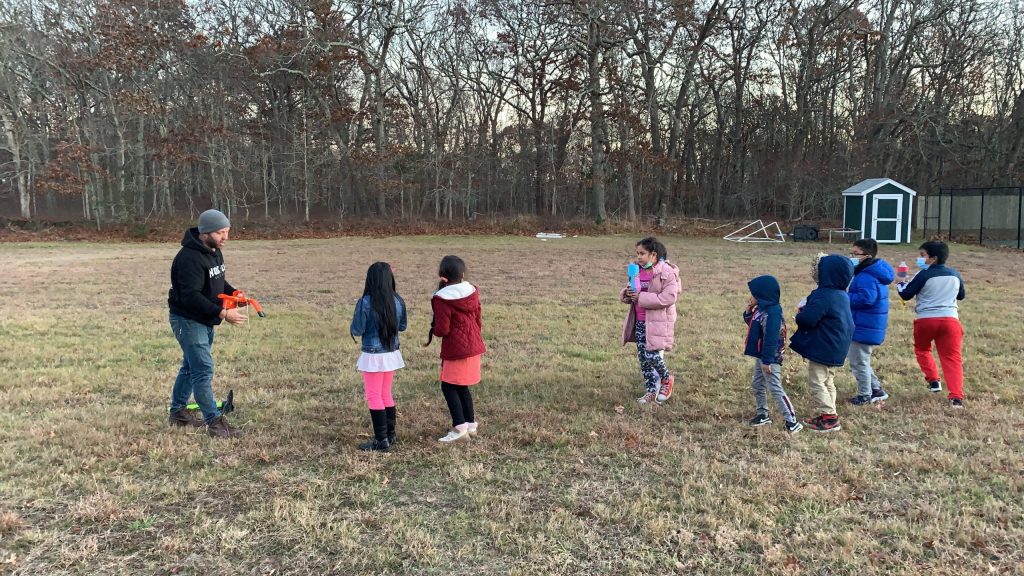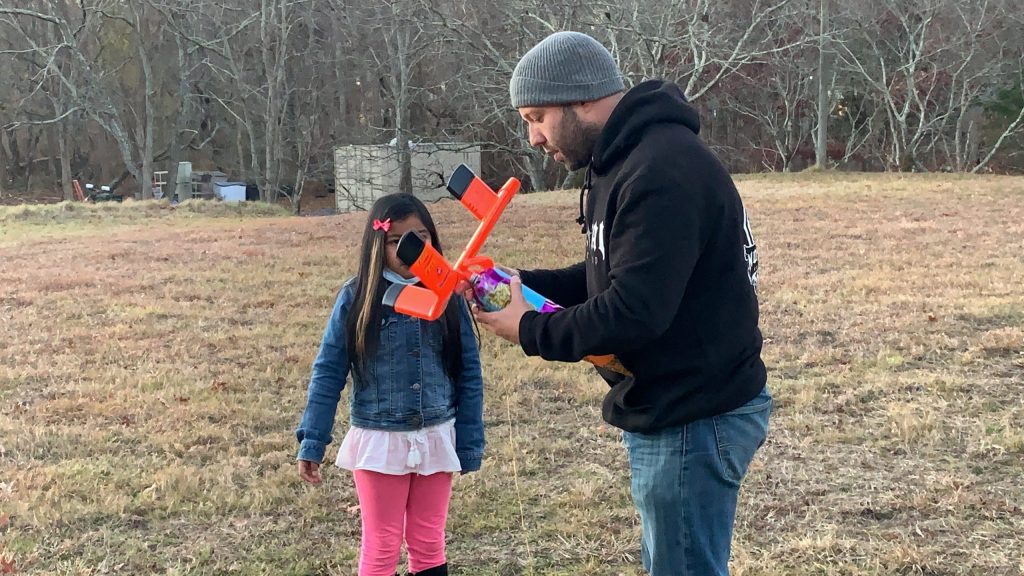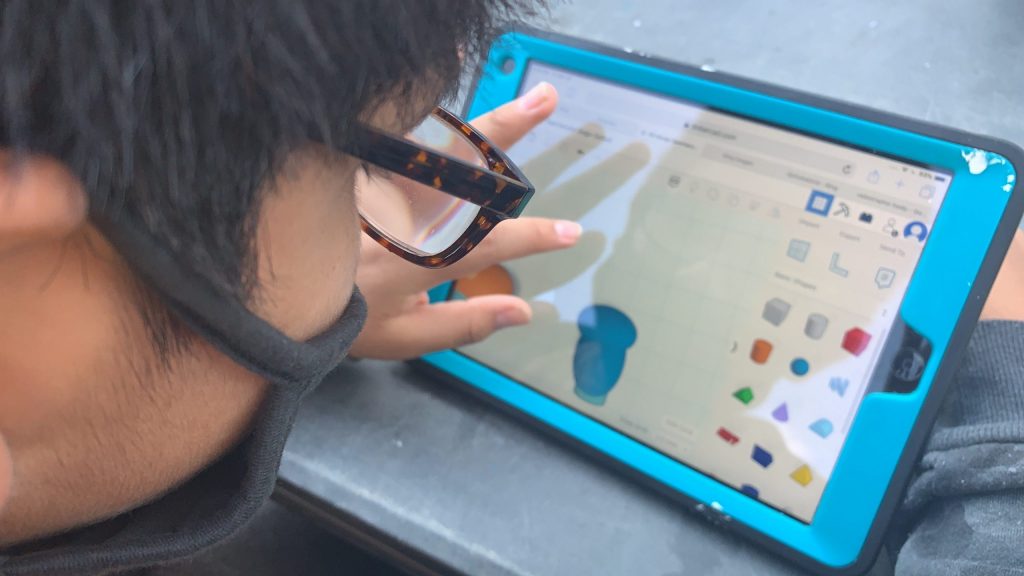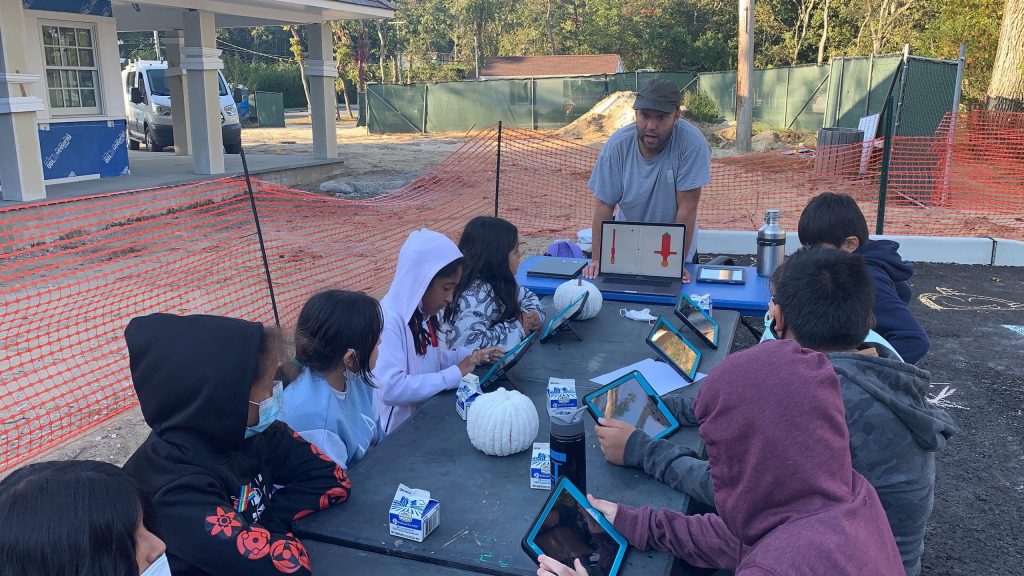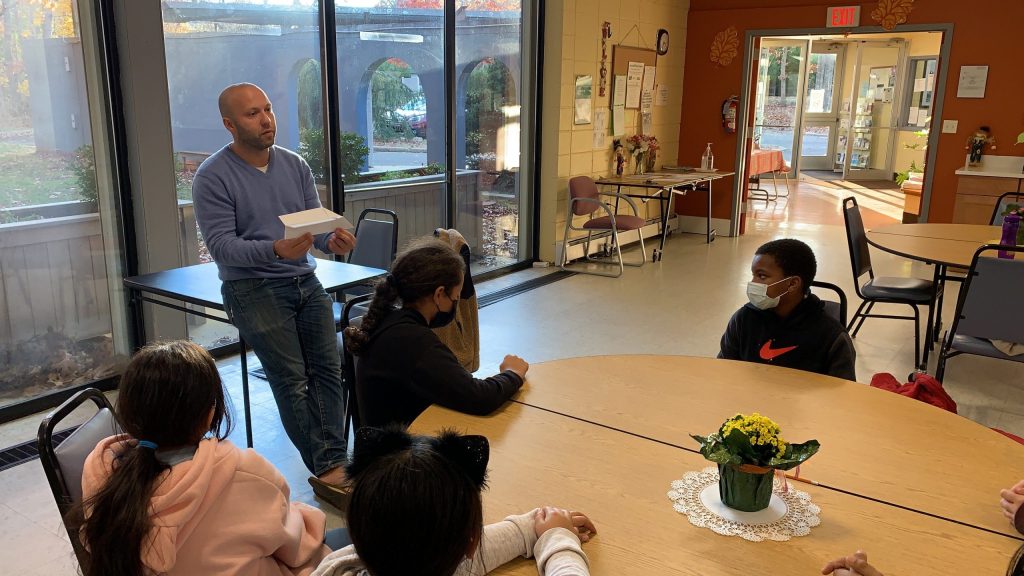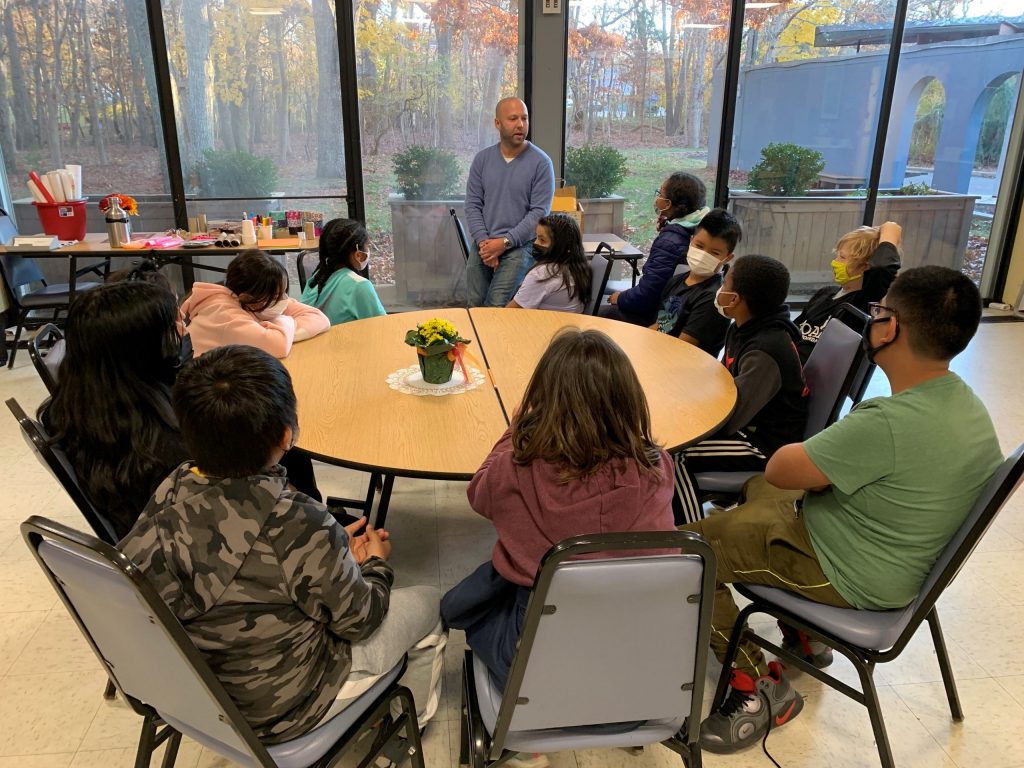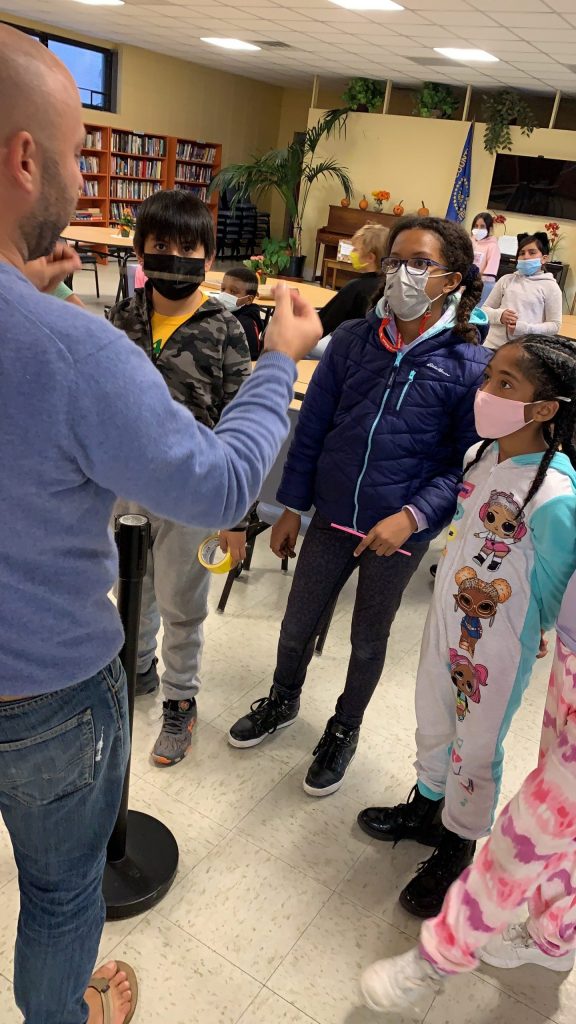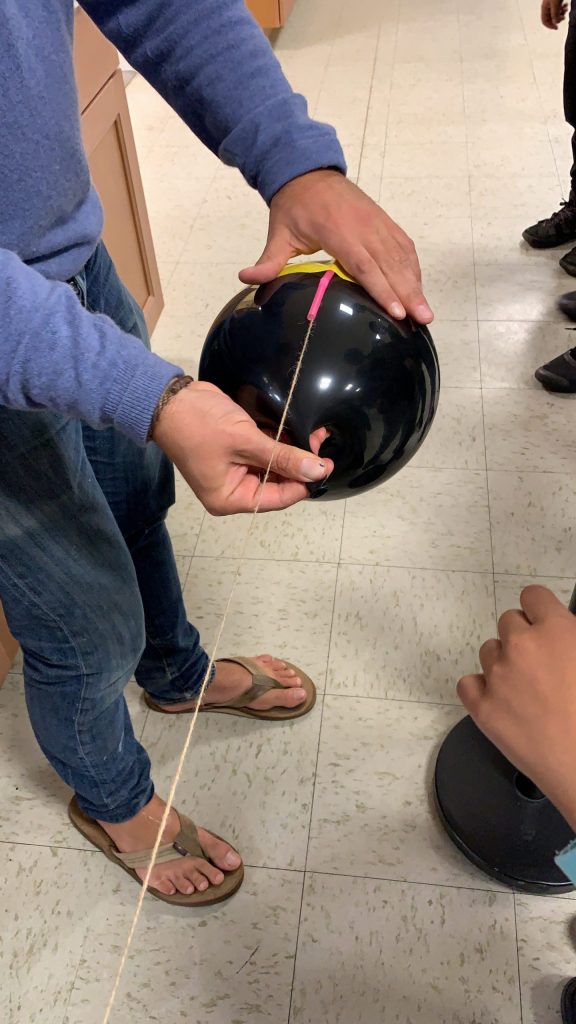SOFO x iCAMP
Project-based learning that connects nature observations to the technology tools scientists use to understand the world around us
SOFO iCAMP STEAM Enrichment Classes
SOFO is happy to continue its partnership program with iCAMP for Fall 2021
Limited enrollment up to 8 students


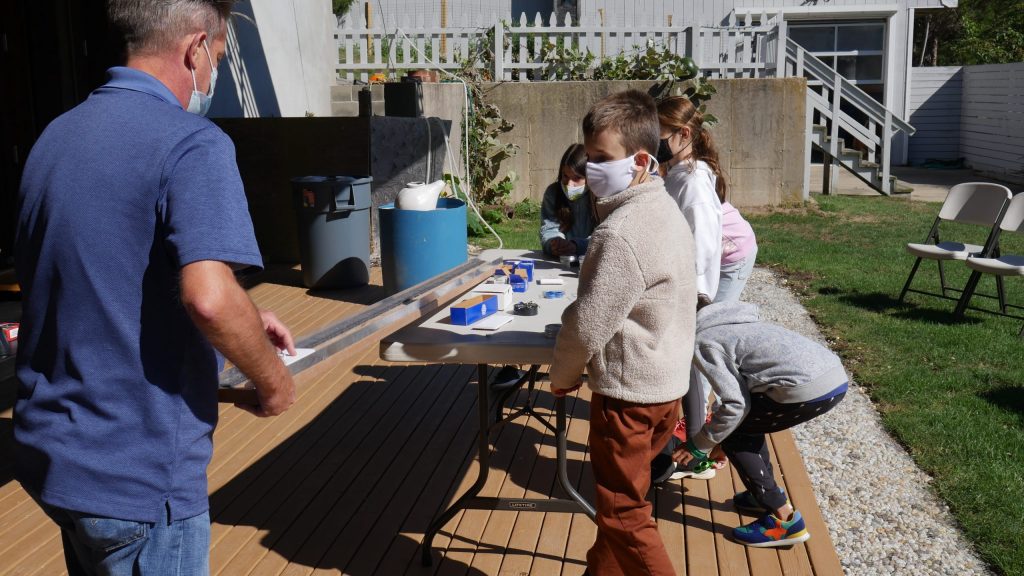
Future of Tech: 3D Printing, Coding, Artificial Intelligence and Mechanical Engineering
In this class, students will be introduced to the technology that is reshaping the way we live and work. Throughout the semester the course will teach the fundamentals of 3D modeling and designing with CAD software. In addition, kids will learn the basics of how 3D printers work. Students will build simple machines that incorporate their 3D designs.The class will teach core coding concepts such as logic, loops, and events. Students will even build basic games with code. Artificial Intelligence will also be explored through hands-on experience. By the end of the course, students will have a solid foundation in these advanced concepts.
10 Week Session from September 21 to November 23, 2021
Class meets each week on Tuesdays, 3:30 pm to 5:00 pm at the museum.
Registration is required and a minimum of a 5-class commitment is necessary to hold your child’s spot. Classes are $100 per child per class. Enrollment is limited to a maximum of 8 children. Classes will meet at the museum Tuesday's from 3:30 pm to 5:00 pm.
For more information please contact Melanie Meade [email protected]
Class Schedule and Information
September 21 3D Modeling and Printing
September 28 3D Modeling and Printing
October 5 3D Modeling and Printing
October 12 Mechanical Engineering
October 19 Mechanical Engineering
October 26 Coding with Python
November 2 Coding with Python
November 9 Coding with Python
November 16 Video Game Design with Roblox
November 23 Video Game Design with Roblox
